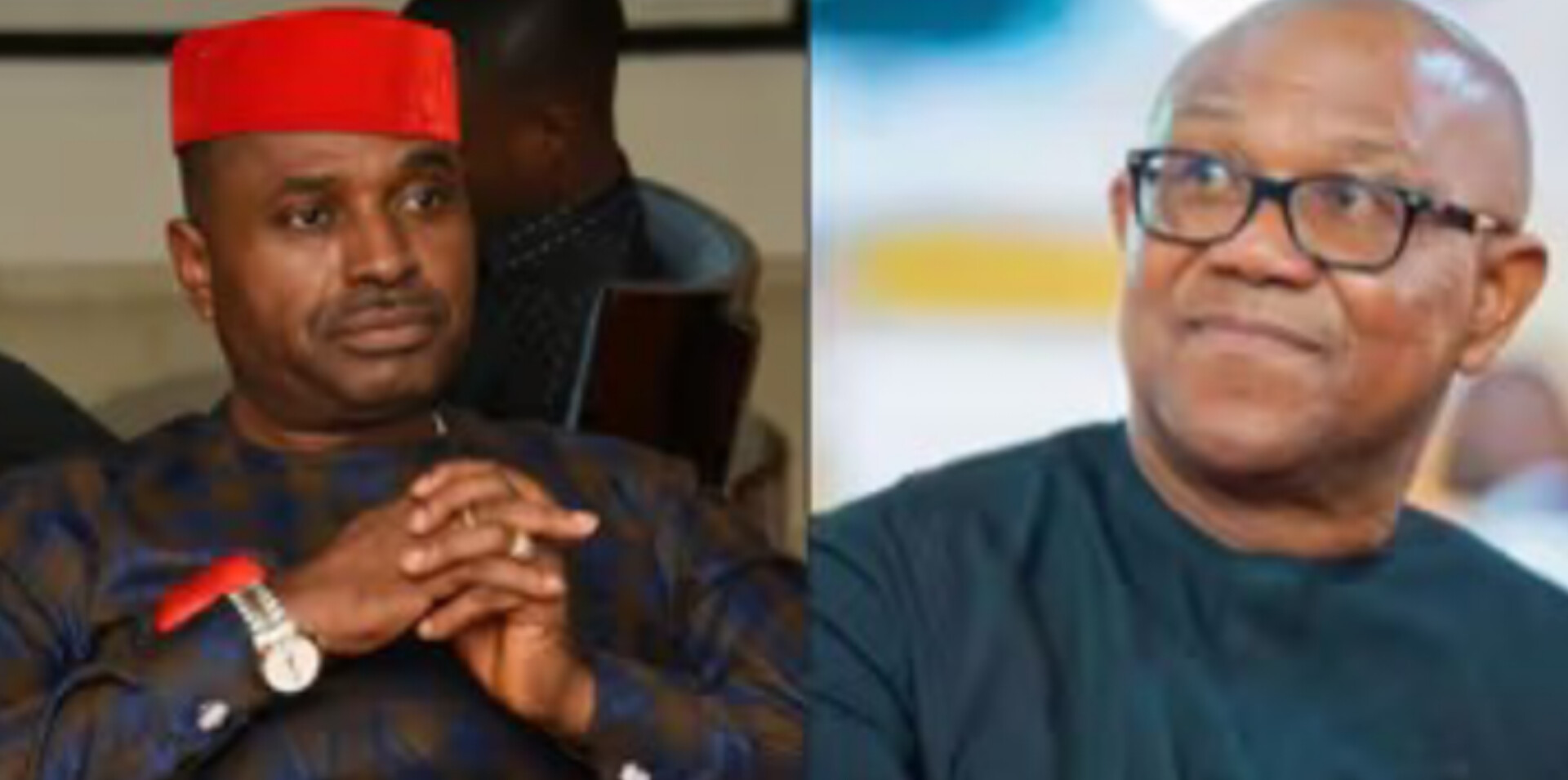Beyond the Backlash: Unpacking Kenneth Okonkwo’s Critical Insights on Peter Obi’s Leadership
By Samuel Ateh Stephen
stevesam644@gmail.com
In the wake of Kenneth Okonkwo’s public expression of concerns about Peter Obi’s leadership and vision, many were quick to pounce on his statements, often without delving deeply into the substance of his criticisms. Okonkwo, a notable figure within the Labor Party, found himself under immediate scrutiny and, in some cases, outright attack for voicing his reservations.
Here Are The Key Concerns Raised by Kenneth Okonkwo Regarding Peter Obi From Interview On Arise News:
Lack of Decisiveness: Okonkwo believes that Peter Obi has not been decisive enough in handling the internal issues within the Labor Party. Specifically, he points to the failure of the National Working Committee (NWC) to organize an all-inclusive convention, despite Obi’s public declaration that the convention should not hold. Okonkwo feels that Obi should have taken more forceful action to address this issue, such as coming down decisively against the NWC for disobeying his instructions.
Building a Strong Political Party: Okonkwo is concerned that Peter Obi does not place a high enough priority on building a strong and broad-based political party. He argues that in order to compete effectively against an incumbent in future elections, the Labor Party needs to be consolidated and strengthened. Okonkwo believes that Obi’s approach does not sufficiently emphasize the importance of a robust political platform.
Integration of the Obedient Movement: Okonkwo is disappointed that Peter Obi does not see the strategic value in integrating the Obedient Movement, a group of supporters, into the Labor Party. He believes that bringing these supporters into the party would significantly strengthen it and create a more formidable political force. Okonkwo advocates for this integration as a way to solidify the party’s base.
Approach to Electoral Challenges: Okonkwo has expressed concern over Peter Obi’s approach to dealing with electoral challenges, such as alleged vote rigging and other forms of electoral malpractice. He believes that Obi’s tendency to be “sweet” and non-confrontational may not be effective in fighting against these injustices. Okonkwo feels that a more aggressive stance is necessary to combat electoral fraud and ensure that the party’s victories are secured.
Resistance and Protest: Okonkwo feels that Obi’s nature does not align with the need for strong resistance and protest against the current political order. He advocates for a more aggressive stance to combat the perceived kleptocracy and corruption in Nigerian politics.
Leadership Style: Okonkwo has noted a difference in temperament and leadership style between himself and Obi. He describes Obi as a “sweet man” who wants to appear sweet to everyone, while Okonkwo believes in a balance of sweetness and firmness to prevent being taken advantage of.
Vision for Nigeria: Okonkwo is concerned that Obi’s vision for Nigeria does not include the necessary steps to build a solid political foundation. He believes that solving Nigeria’s problems requires more than just addressing symptoms; it requires a strong political party to support and sustain any positive changes.
While Kenneth Okonkwo’s public critique of Peter Obi’s leadership and vision sparked immediate controversy, a closer examination of his concerns reveals a thoughtful and strategic perspective on the future of the Labor Party and Nigeria. The initial backlash, often dismissive and reactive, overshadowed the nuanced issues Okonkwo raised, which touch on the core of effective governance, party strength, and national progress.



